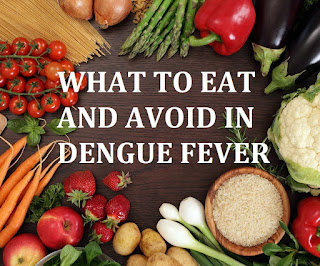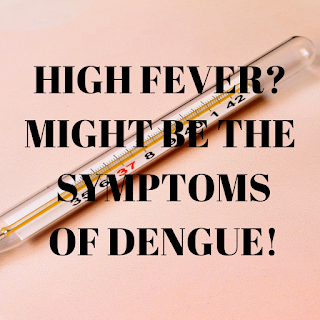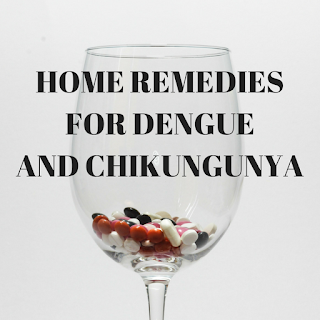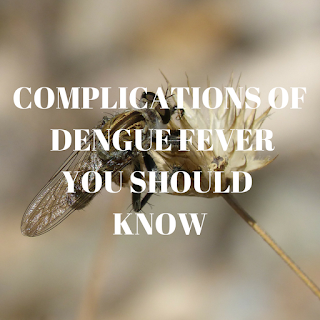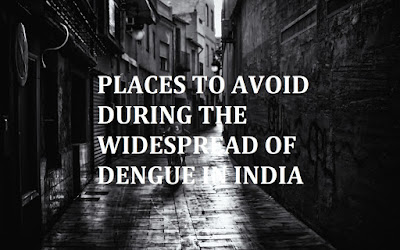
Monsoon, using its sexy chai and pakoras, is a welcome treat after the summertime months, but beware: streets getting rivers and excess humidity aren't the only drawbacks, the danger of diseases such as dengue loom more significant than ever. In tropical countries such as India, tens of thousands fall prey to the mosquito-borne disorder each year. It's due to the dangerous virus transmitted by mosquito species Aedes Aegypti (and less frequently by the Aedes Albopictus) that can be characterized by black-white bands in their legs.
Dengue is also called the 'break bone fever' because it causes severe muscle and joint pains aside from nausea, fever, nausea, headaches and a characteristic skin rash all over the body. On discovering such symptoms, you shouldn't delay going to the closest medical practitioner who will help detect the disease using a blood test and then lead you through the therapy program.
Effective Vaccines for Dengue in Near Future
Dr. Anju Sood, a Bengaluru-based nutritionist states, "Dengue is a disease that affects the blood platelets massively. An easy remedy to receive back the platelets count would be to provide the individual glass of papaya leaf juice. It's prepared by grinding the leaves having a little bit of water to extract the juice." A weak immune system and also second strike of dengue can place a patient at higher risk of developing this lethal edition.Could Papaya Plant Leaves Cure Dengue?
Even though there's not any vaccine to prevent dengue, there is plenty of tips you can follow in the home to protect yourself, and you're nearest and dearest. You may begin with maintaining good hygiene in your home, which is exceptionally essential. Make a bid to assess whether the windows and doors are closed properly, particularly during the evenings. Maintain a watertight mosquito repellent handy and use it even if inside. It's a safer bet to use mosquito nets while sleeping that has been a frequent practice in earlier times but using the most recent assortment of strong plug-in mosquito repellents, which has taken a backseat.Monsoon Health Guide: Rainproof Your Lifestyle With Right Diet!
Dr. Shikha Sharma, a nutritionist and dietician advice, "It is possible to light camphor in your home and apply neem oil throughout your body to keep away mosquitoes." She also recommend, "To prevent any disease, we should boost our body's immunity and this can be done by the intake of foods full of vitamin C. Taking a spoon of Chyawanprash, eating freshly cooked green leafy vegetables, drinking freshly prepared java and eating amla or Indian gooseberry can do wonders in building immunity."Another critical point to ensure your home remains dengue-free is to eliminate spare tires, empty flower pots and any boats stagnant with rainwater -- these are the perfect places for mosquitoes to breed. Coolers and tanks should regularly be washed and kerosene oil added to their water. If a person in your house has contracted the fever, it is of extreme importance to keep their room clean, in addition to the whole house. Cleanliness, a healthy immune system, and a proper diet will keep you joyful this monsoon and far from the anger of dengue.

